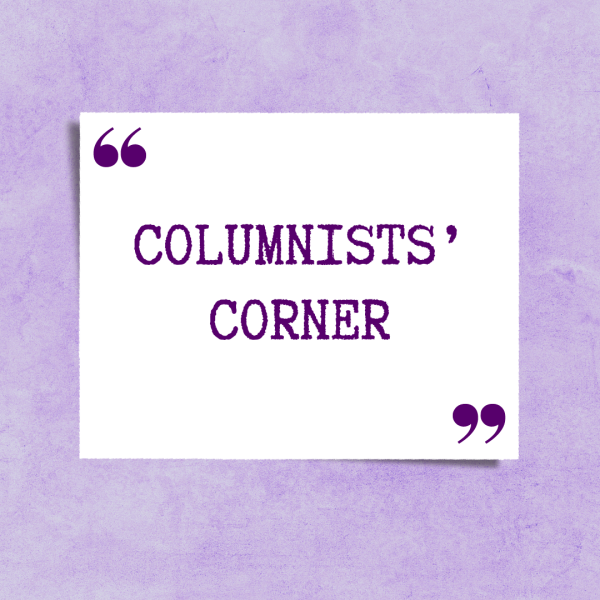The importance of questioning authority
Since birth, every person in the world has had an authority figure in their life. From childhood, some people will spend their lives climbing social ladders, grasping for the ultimate authority position that may not exist. There will always be those people ruling and delegating, whether helpfully or detrimentally; it is a given in life. Most people are also taught to follow authority figures like their mothers and fathers from a young age. While this is an essential lesson for any young person, this teaching can bleed into an unwavering faith in potentially untrustworthy authority. It is imperative to ask these figures questions: Why am I doing this? Why should I believe that? Why? Although questioning those in positions of presumed power does not excuse disrespect, it is vital to disrupt conformity, allowing people to examine their values without the detriment of potentially corrupted authority.
Authority on a large scale has almost always existed and will continue to exist; each person is likely to have a unique ideological outlook that frequently reflects the time and society in which they live. On a national scale, such as that of the United States, the president is supposed to offer leadership to the country while also representing the principles of the American people. However, many would agree that this is seldom true. Presidents virtually always receive backlash on every decision they make from all sides of the political spectrum, which exemplifies questioning authority at an elevated level. A problem arises on the U.S. national scale from the two-party political system.
With the two-party system, millions of Americans are inclined to choose a side: Democrat or Republican. This choice becomes extremely dangerous as it creates unnecessary competition out of important issues, where sides and public appearances become more important than sticking to one’s values. Thus, many people can become obsessed with the authority figures representing their party, not stopping to question a word coming out of their mouths for the sake of the game. This undying and unquestioning support of imperfect authority figures hinders personal and societal growth.
Authority also often goes unquestioned on an everyday level. In a controversial 1961 study, Yale University psychologist Stanley Milgram experimented to see how far people would go just because someone of authority told them so.
Milgram selected several participants, oblivious to the experiment, to play the role of a “teacher” and instructed them to administer an increasingly more significant electric shock every time the other person, or the “student,” got a question on the provided test wrong. Unbeknownst to the participants, the “students” were not being administered shocks but acting as if they were in pain as Milgram told them to do so. As the experiment progressed, the actors would cry out in fake distress, pleading for the participants to stop while the researcher insisted they keep going. Ultimately, 65% of the participants administered the maximum “shock” to the “student,” listening to the authority figure and ignoring their morals.
Authority can be a blinding and dangerous tool, but authority can also be necessary and even helpful. Listening to parents, teachers and other role models is incredibly important for human development, but just as important is learning when it is appropriate to question them and other authority figures. Even if one person completely trusts another, it is vital to reexamine the relationship, with both sides’ choices and intentions, to strengthen relationships and grow sure of oneself. Questioning authority is natural and necessary, leading to growth on all levels of society.

Name: Lizzy Sidman
Position: Production and Ads & Business Executive
Graduation year: 2024
A few sentences about...



